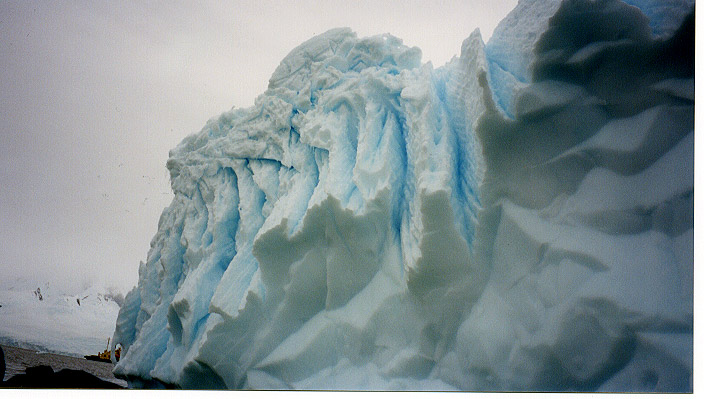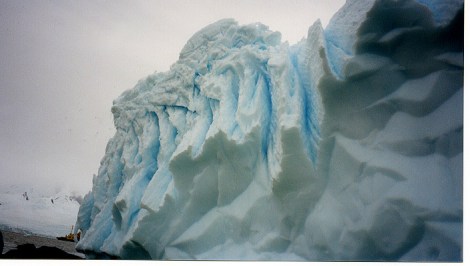We’ve known for a while that temperatures on the Western Antarctic Peninsula are warming rapidly, resulting in huge ice loss. That peninsula, south of South America, was believed to be an outlier; Eastern Antarctica has actually seen its ice mass increase.
But, as is so often the case with our climate predictions, the outlier is just the leading edge of the problem. New research suggests that temperatures in Western Antarctica overall have spiked since the late 1950s.
From the Times:
[T]he temperature at a research station in the middle of West Antarctica has warmed by 4.4 degrees Fahrenheit since 1958. That is roughly twice as much as scientists previously thought and three times the overall rate of global warming, making central West Antarctica one of the fastest-warming regions on earth.
“The surprises keep coming,” said Andrew J. Monaghan, a scientist at the National Center for Atmospheric Research in Boulder, Colo., who took part in the study. “When you see this type of warming, I think it’s alarming.”
This is a significant rise — though relative to how cold Antarctica is overall, it doesn’t mean that you should start booking a cruise for the continent’s sunny beaches. Not yet, anyway. Mostly because once the western portion of Antarctica melts, sea levels will rise at least 10 feet, meaning the beaches won’t be where you’d expect.
Why do scientists think this happened? Surprisingly, not because a giant space dragon flies above the South Pole exhaling fire.
Much of the warming discovered in the new paper happened in the 1980s, around the same time the planet was beginning to warm briskly. More recently, Dr. Bromwich said, the weather in West Antarctica seems to have become somewhat erratic. In the summer of 2005, the interior of West Antarctica warmed enough for the ice to undergo several days of surface melting.
Dr. Bromwich is worried that this could eventually become routine, perhaps accelerating the decay of the West Antarctic ice sheet, but the warming is not fast enough for that to happen right away. “We’re talking decades into the future, I think,” Dr. Bromwich said.
And if a scientist says it will be decades, we can apparently expect this to happen by 2020.





